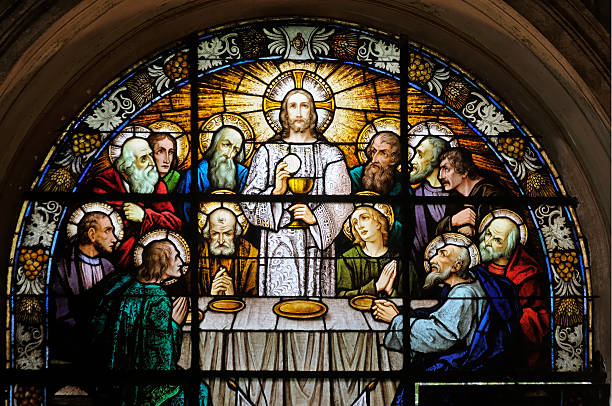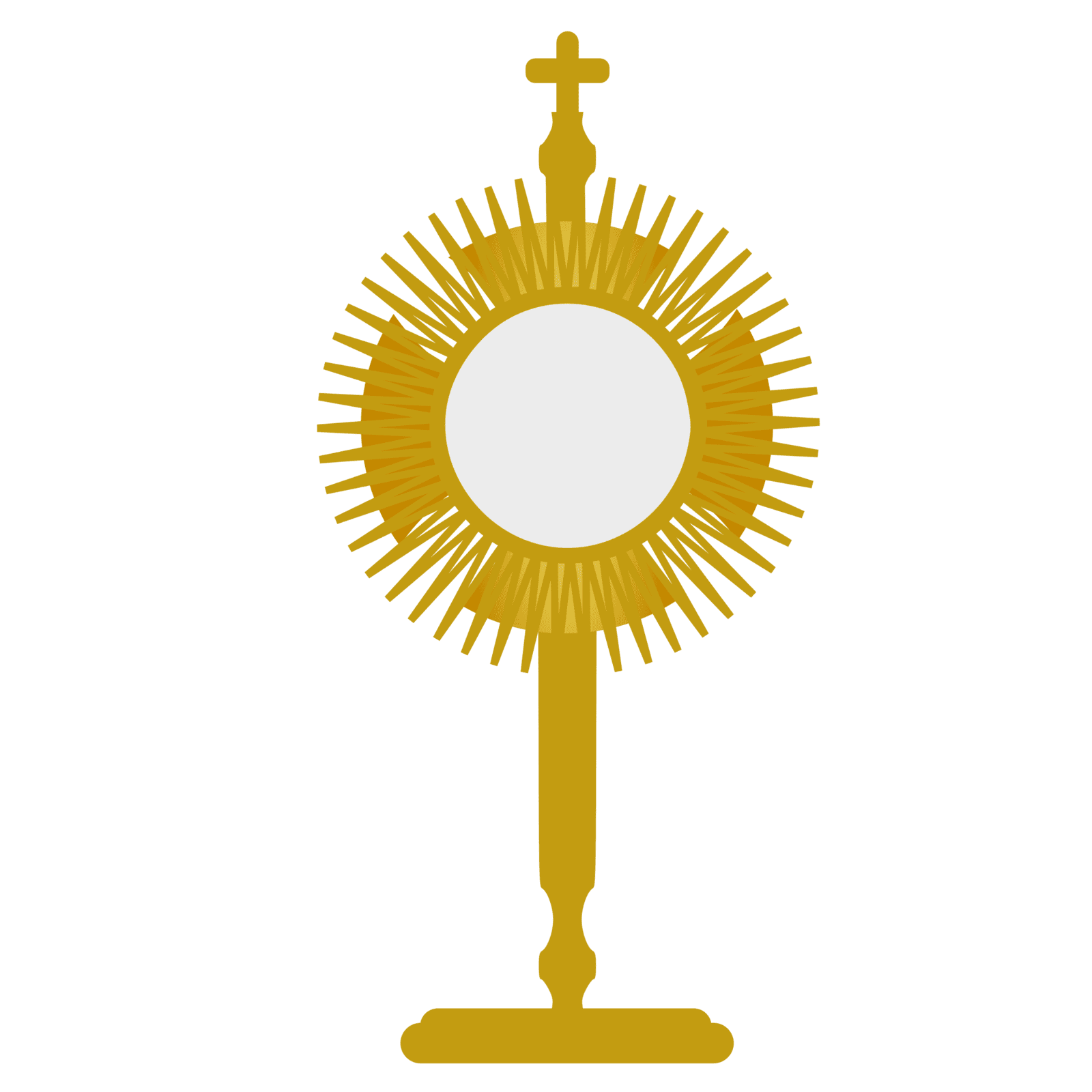In John chapter 6, right after the feeding of the 5000 and walking on water, Jesus explained to his followers, in no uncertain terms, that eating His Body and drinking His Blood would be a requirement for discipleship:
In John chapter 6, right after the feeding of the 5000 and walking on water, Jesus explained to his followers, in no uncertain terms, that eating His Body and drinking His Blood would be a requirement for discipleship:
In the original Greek text, the words “eat” and “drink” more appropriately translate to “gnaw” and “gulp”. Jesus’s audience knew He wasn’t talking about a symbolic meal. If they thought he was speaking figuratively, why would the crowd have questioned his words? They didn’t balk when He said they should cut off their hands and gouge out their eyes. (Mt. 18:7)
In the original Greek text, the words “eat” and “drink” more appropriately translate to “gnaw” and “gulp”. Jesus’s audience knew He wasn’t talking about a symbolic meal. If they thought he was speaking figuratively, why would the crowd have questioned his words? They didn’t balk when He said they should cut off their hands and gouge out their eyes. (Mt. 18:7)
Many of his disciples, when they heard it, said, “This is a hard saying; who can listen to it?” But Jesus, knowing in himself that his disciples murmured at it, said to them, “Do you take offense at this? Then what if you were to see the Son of man ascending where he was before? It is the spirit that gives life, the flesh is of no avail; the words that I have spoken to you are spirit and life. But there are some of you that do not believe.” For Jesus knew from the first who those were that did not believe, and who it was that should betray him. And he said, “This is why I told you that no one can come to me unless it is granted him by the Father.” Jn 6:60-65
Sadly, a number of the crowd could not reconcile these words in their minds, and, in John 6:66, they walked away.
“After this, many of his disciples drew back and no longer went about with him.”
Jesus did not try and stop them. He did not yell out “Hey, come back! It was just a metaphor!” He let them go. His apostles were also shocked and confused, but, instead of leaving, they trusted in His Word:
Jesus said to the twelve, “Will you also go away?” Simon Peter answered him, “Lord, to whom shall we go? You have the words of eternal life; and we have believed, and have come to know, that you are the Holy One of God.” Jn 6:67-69
The 12 were rewarded for their trust when they received this Supersubstantial food at the Last Supper:
Now as they were eating, Jesus took bread, and blessed, and broke it, and gave it to the disciples and said, “Take, eat; this is my body.” And he took a cup, and when he had given thanks he gave it to them, saying, “Drink of it, all of you; for this is my blood of the covenant, which is poured out for many for the forgiveness of sins. I tell you I shall not drink again of this fruit of the vine until that day when I drink it new with you in my Father’s kingdom.” (Mt. 26:26-29)
The 12 were rewarded for their trust when they received this Supersubstantial food at the Last Supper:
From that moment on, the Church has always maintained that Christ is truly present, Body, Blood, Soul, and Divinity, in the Eucharist.
Even Paul exhorted the Corinthians:
"Whoever, therefore, eats the bread or drinks the cup of the Lord in an unworthy manner will be guilty of profaning the body and blood of the Lord. Let a man examine himself, and so eat of the bread and drink of the cup. For any one who eats and drinks without discerning the body eats and drinks judgment upon himself."
(1 Cor:11:27-29)
If this were just a symbol, then why would Paul be speaking so severely?
Why do Catholics hold the Eucharist is the Body of Christ?
Because the Bible tells us so.


